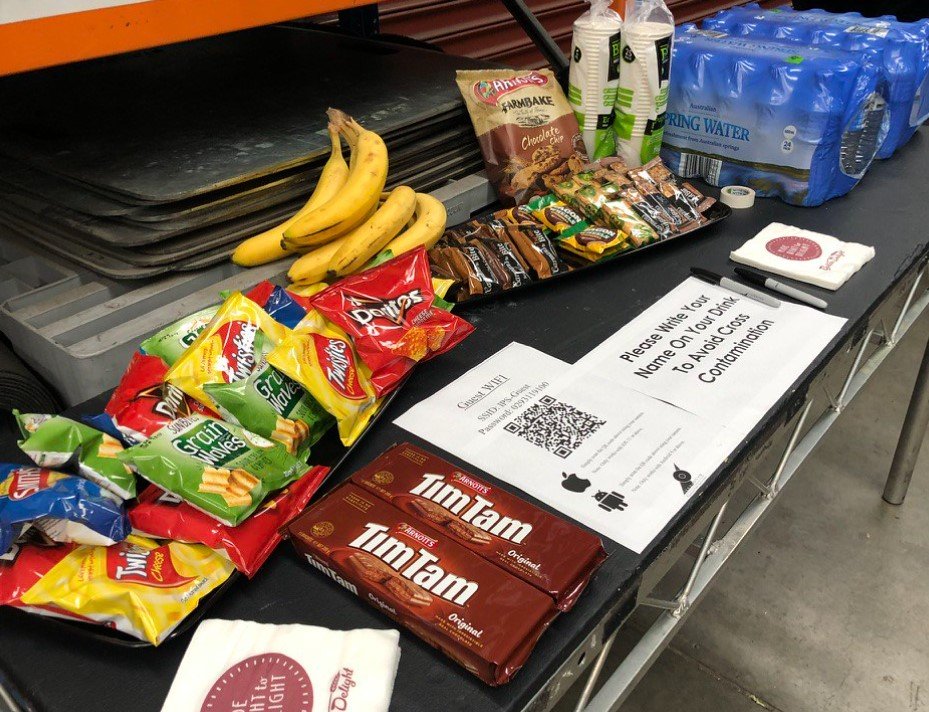The Australian government has initiated an inquiry into the food and beverage manufacturing sector, aiming to identify and bolster avenues for innovation and growth. This move comes at a critical juncture for the industry, which stands as a cornerstone of the nation’s economy, employing a significant portion of the manufacturing workforce.
The inquiry, led by the House of Representatives Standing Committee on Industry, Science and Resources, seeks to propel the sector into a new era of technological advancement and product development. With a focus on post-farmgate processes, the committee is exploring cutting-edge technologies that could revolutionize food and beverage manufacturing and packaging.

Australian scientists and manufacturers are at the forefront of this shift, leveraging the country’s rich agricultural resources to create high-value products. These innovations are not only enhancing the quality and safety of traditional offerings but are also steering the industry towards more sustainable practices, such as reducing reliance on fossil fuels, minimizing water usage, and developing eco-friendly packaging solutions.
Consumer Trends and Market Opportunities
As global consumer preferences evolve, the Australian food and beverage sector is poised to meet these changing demands with agility and creativity. The inquiry is delving into the latest consumer trends, seeking insights that will drive the development of new products and market strategies.
The committee is also examining the role of the research sector in supporting this evolution, ensuring that scientific advancements translate into tangible benefits for the industry. By fostering a collaborative environment between researchers and manufacturers, the inquiry aims to unlock growth opportunities in both domestic and international markets.
Preparing for a Sustainable Future
Sustainability is a central theme of the inquiry, reflecting a growing consciousness about the environmental impact of food and beverage production. The industry is being encouraged to adopt more sustainable methods, from sourcing alternative energy for processing to implementing waste reduction measures.
The future workforce needs are also under scrutiny, with the inquiry considering the skills and training required to navigate this rapidly changing landscape. The goal is to equip the next generation of workers with the knowledge and tools necessary to sustain the industry’s growth and maintain Australia’s reputation as a leading exporter of quality produce.
















